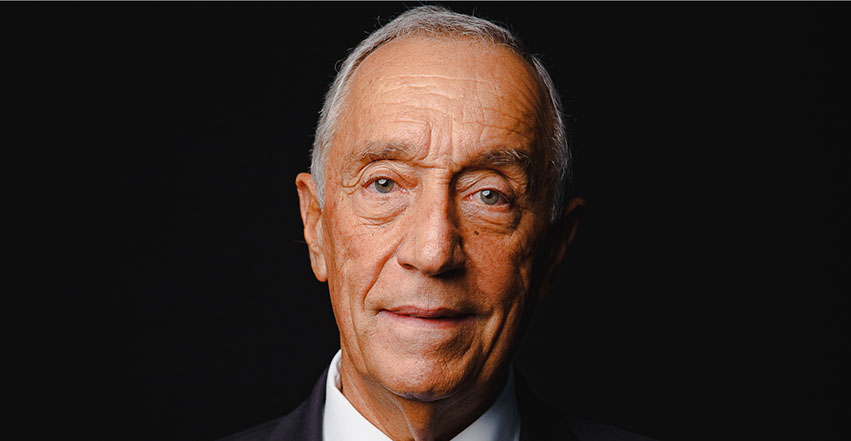
Elham Asaad Buaras
A bill to ban the wearing of face veils in public spaces for “gender or religious” reasons has been approved by Portugal’s parliament on October 17, a move widely interpreted as a niqab-ban.
Proposed by the far-right Chega Party, the legislation would grant exemptions to face veil wearing within aircraft, diplomatic premises, and places of worship. Those contravening the ban would face fines ranging from €200 to €4,000 (£174 to £3,500).
The bill now requires the approval of President Marcelo Rebelo de Sousa, who holds the power to either enact it, issue a veto, or refer it to the constitutional court for assessment.
If signed into law, Portugal would align itself with several other European nations—including Austria, France, Belgium, and the Netherlands—that have instituted full or partial bans on Islamic face and head coverings. Although the number of women in Portugal who wear such veils is small, the issue has provoked a controversy familiar across the continent.
Chega, which received backing for the bill from centre-right parties, cited rationales employed by France and other EU countries. In its proposal, the party argued that concealing the face subjects individuals, particularly women, “to situations of exclusion and inferiority,” deeming the practice incompatible with principles of “liberty, equality and human dignity.”
This perspective was contested by lawmakers from left-leaning parties. Pedro Delgado Alves, a lawmaker from the centre-left Socialist Party which voted against the bill, stated, “This initiative is used solely to target foreigners, those who have a different faith.”
He affirmed that while no woman should be compelled to wear a veil, the far-right’s approach was fundamentally misguided.
Feature photo: Portugal’s parliament has approved a bill to ban the wearing of face veils in public spaces for “gender or religious” reasons. The bill now awaits the approval of President Marcelo Rebelo de Sousa, who can sign it into law, veto it, or refer it to the constitutional court for review. (Photo: President Marcelo Rebelo de Sousa, Web Summit Flickr)